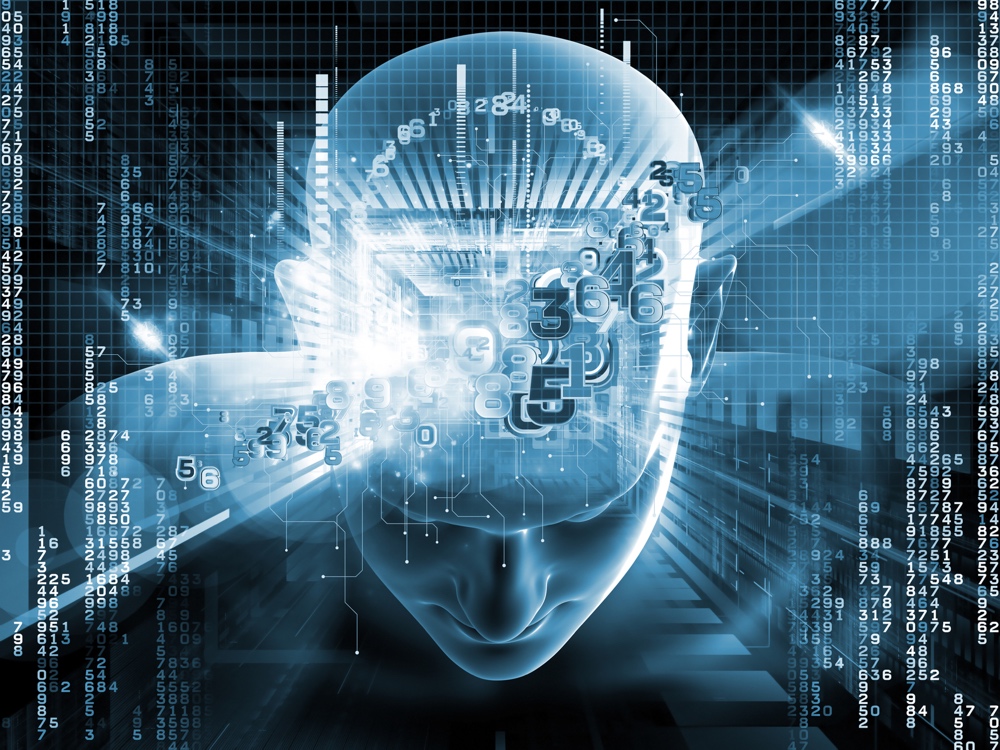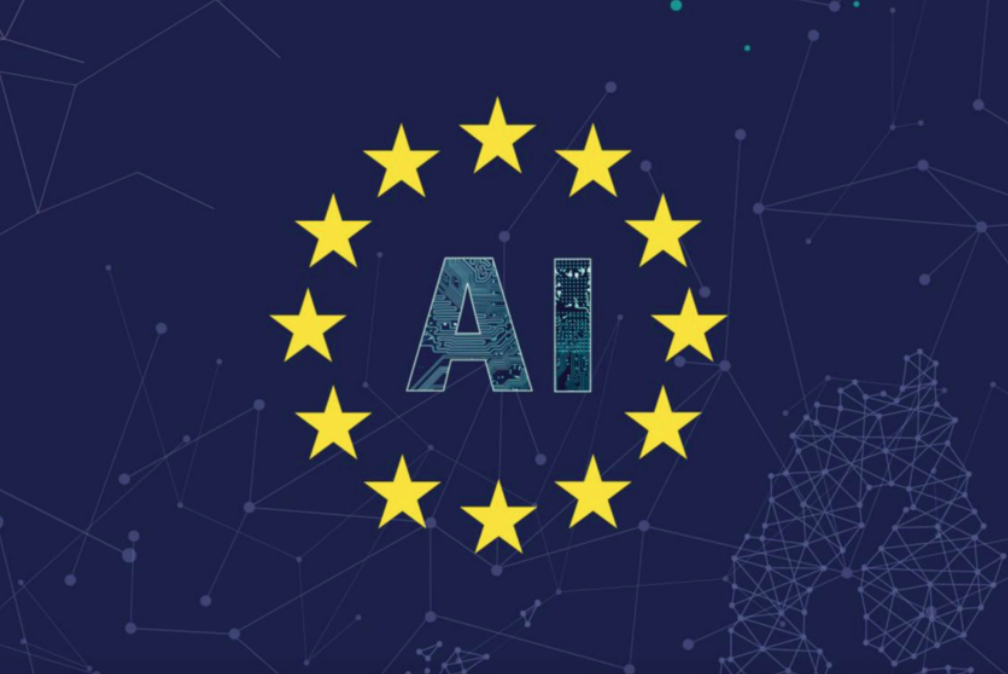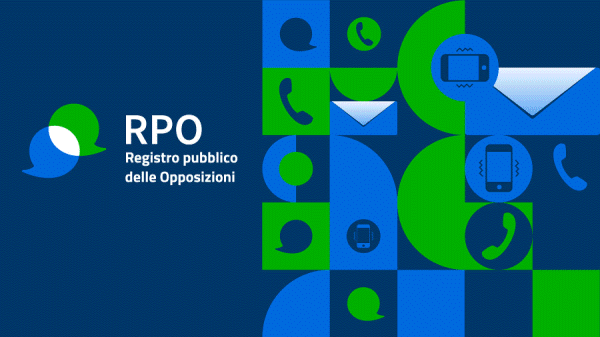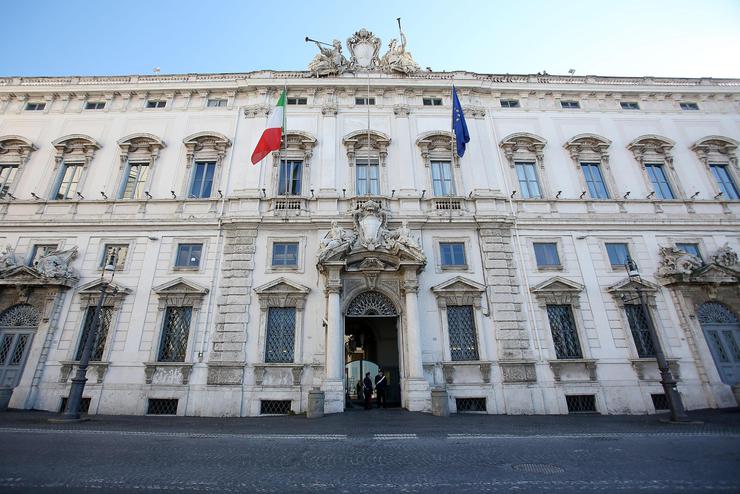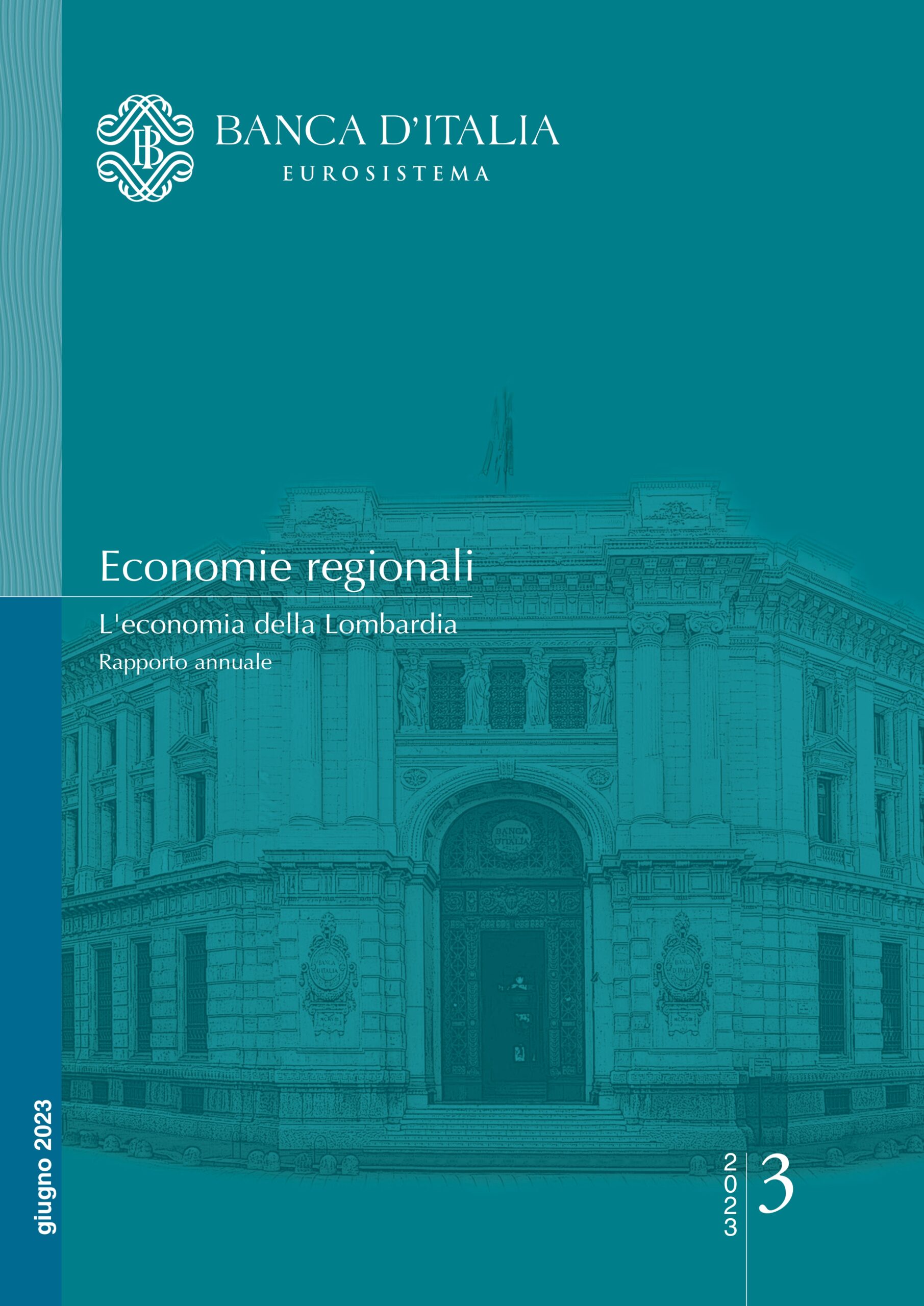AI AND COPYRIGHT: FIRST HINTS OF A FUTURE CLASHING GROUND
From overseas comes the news of the first lawsuits of companies that create artificial intelligence engines for copyright infringement. Sarah Silverman, American comedian and actress, would have filed a lawsuit against OpenAI and Meta because the related engines ChatGPT and LLaMA would have been “trained” with datasets acquired illicitly and containing one of her works. This is a thorny issue which, with the progressive entry of artificial intelligence into everyday life, will in all probability become one of the ethical and legal issues of the future. The European Union seems to be moving in time. In fact, on 14 June 2023 the European Parliament gave the green light to the Artificial Intelligence Act, i.e. the first regulation on AI in the world aimed at defining a legal framework for the development, marketing and use of artificial intelligence systems. Within the proposal we can see the interest dedicated by the European legislator to the protection of copyright, albeit with only reference to the so-called “input” of the AI engines and not to the creative “outputs”, which are left to regulate the related national regulations and jurisprudence, thus leading to potential critical issues regarding the authorship of the AI creation works. With reference to the obligations of preventive clearance, however, the art. 28b (4c.) of the AI Act requires providers of generative AI systems to “document and make publicly available a summary of the use of training data protected by copyright law”, as well as to indicate whether the content it was generated by an artificial intelligence. In conclusion, generative AI engines represent one of the central issues of the future which will need to be addressed in order to outline a regulatory framework capable of protecting both the reasonable use of these in everyday life and the right of authors not to suffer violations of their works.
